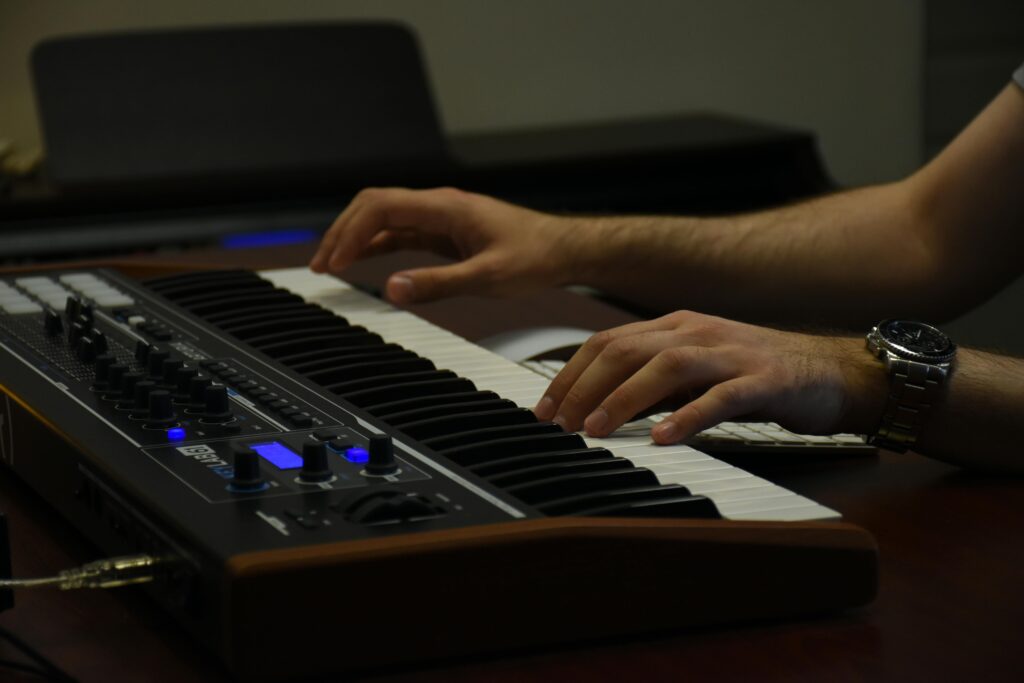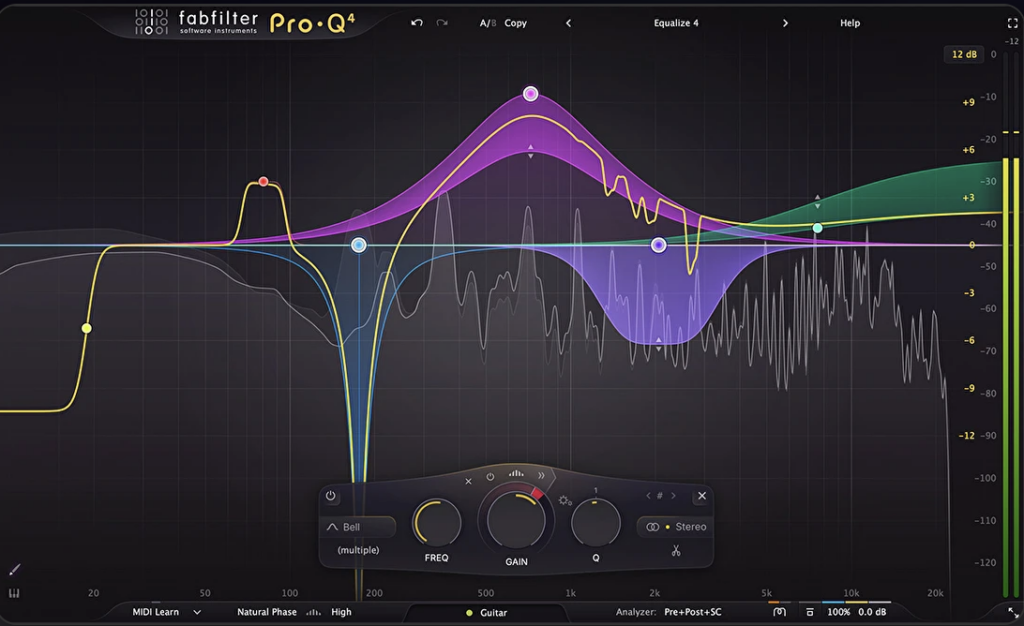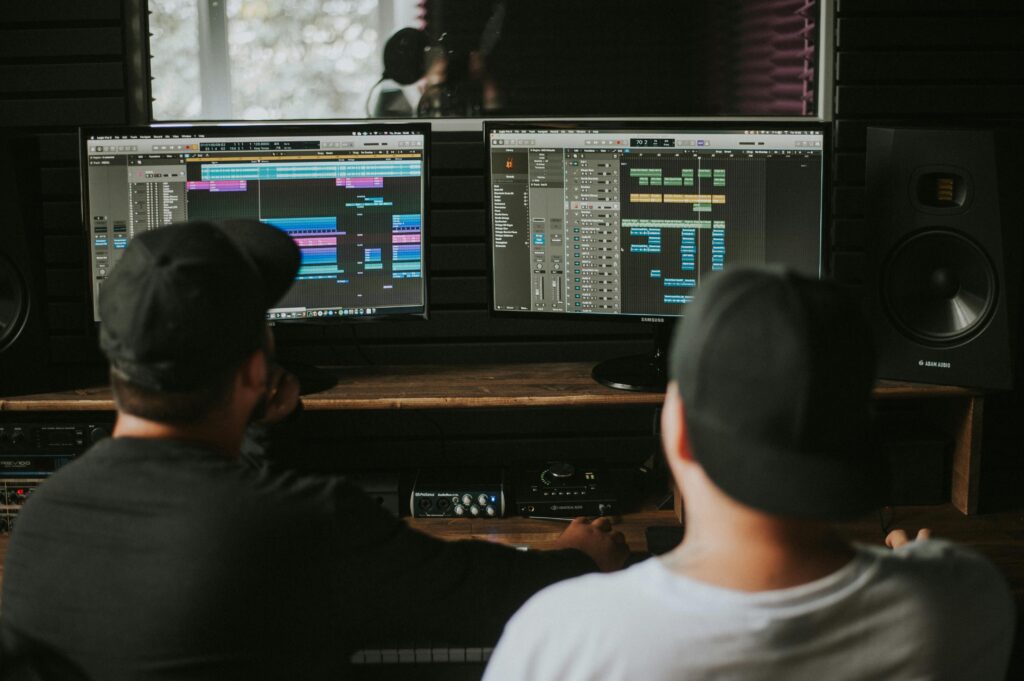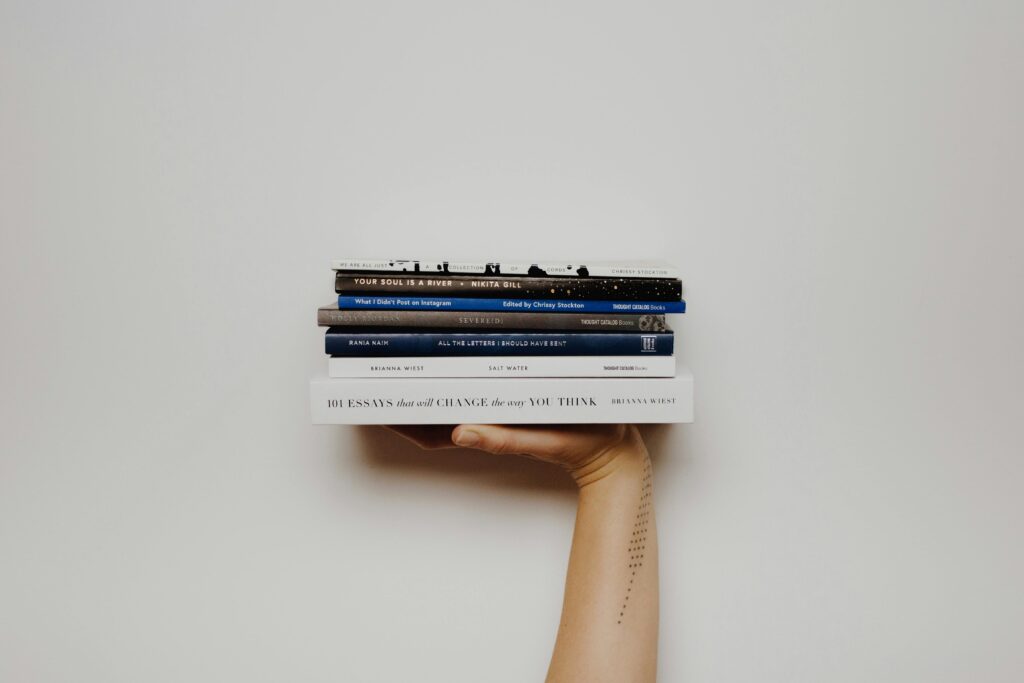Introduction
For musicians, the stage can be both a sanctuary and a battleground. While performing offers the ultimate expression of artistic passion, the pressure to execute flawlessly often triggers performance anxiety that can undermine years of practice. This is where meditation—an ancient practice with modern scientific backing—enters the spotlight as a powerful tool for performers. By cultivating present-moment awareness and emotional regulation, meditation offers musicians a pathway to not only manage stage fright but also enhance their creative connection and authentic presence during performances. In this guide, we’ll explore how integrating meditation into your musical practice routine can transform your relationship with performance anxiety, heighten your sensory awareness, and help you achieve the elusive state of flow that characterizes unforgettable musical experiences.
If you want an even more detailed and in-depth article about mindfullness and meditation for performers, musicians and artists, you should read our in-depth article:
The Neuroscience of Performance Anxiety and Meditation
How Meditation Rewires the Performer’s Brain
Research shows that regular meditation practice creates measurable changes in brain regions crucial for musicians. The anterior cingulate cortex—responsible for monitoring errors and maintaining attention—strengthens in meditators, helping musicians catch mistakes without becoming emotionally derailed. Meanwhile, increased connectivity between emotional centers and regulatory regions allows performers to access emotional depth while maintaining technical control.
Performance anxiety primarily operates through the sympathetic nervous system—the “fight-or-flight” response—releasing stress hormones that cause racing heart, shallow breathing, and muscle tension. Meditation trains the parasympathetic “rest and digest” system to activate more readily, creating the physiological conditions necessary for achieving flow state.
Brain scans of musicians during optimal performances show patterns remarkably similar to those during deep meditation: decreased activity in self-critical regions coupled with increased integration between sensory, motor, and emotional networks. This suggests meditation cultivates the precise neurological conditions required for transcendent musical expression.
Essential Meditation Practices for Musicians
Breath Awareness Meditation
This foundational practice helps establish stability before and during performances:
- Sit comfortably with your instrument nearby
- Bring attention to natural breathing without changing the pattern
- Notice where you feel the breath most prominently
- Count breaths up to ten, then restart
- When attention wanders to performance concerns, gently redirect focus to breath
- After 5-10 minutes, transition to holding your instrument while maintaining breath awareness
- Begin playing simple passages while keeping partial attention on breath quality
Wind and brass players report that regular breath meditation significantly improves breath control and phrase management. String players and pianists find that breath awareness helps release unconscious tension, improving technical fluidity.
Body Scan Practice
Musicians’ bodies are their primary instruments, yet performance anxiety often disconnects performers from bodily awareness:
- Sitting or lying down, bring attention to physical sensations throughout the body
- Begin at the feet, gradually moving attention upward
- Notice areas of tension, particularly in performance-related muscles
- Observe sensations with curiosity—heaviness, tingling, temperature
- Gently invite relaxation into tense areas
Conservatory teachers report that students who practice body scans demonstrate improved posture, reduced tension-related injuries, and more efficient technical movements. The heightened proprioception (awareness of body position) developed through this practice helps musicians make subtle technical adjustments that might otherwise require years of external feedback.
Loving-Kindness Meditation
Musicians often struggle with harsh self-judgment. Loving-kindness meditation directly counters this destructive pattern:
- Begin with breath awareness to center attention
- Silently repeat phrases of goodwill toward yourself: “May I play with joy,” “May I be gentle with myself when I make mistakes”
- Extend these wishes to fellow musicians, teachers, and audience members
- When self-critical thoughts arise, acknowledge them and return to phrases of kindness
Research shows conservatory students practicing loving-kindness meditation experienced significant reductions in performance anxiety and reported regaining intrinsic enjoyment of music-making that had been diminished by competitive pressures.
Meditation in Practice and Performance
The Mindful Warm-Up
Transform routine technical exercises by:
- Beginning with one minute of breath awareness
- Maintaining divided attention between sound quality and physical sensations during scales and arpeggios
- Noticing when your mind wanders to judgments or future concerns
- Using these thought patterns as signals to return attention to present-moment experience
- Experimenting with deliberate slow practice, playing at half tempo with doubled awareness
Orchestra musicians report that converting just the first 15 minutes of practice into mindful warm-ups significantly improves the quality of subsequent rehearsal time, resulting in more efficient motor learning and deeper encoding of technical improvements.
Pre-Performance Ritual: The 5-Minute Centering Practice
The moments before walking onstage often determine performance quality. This concentrated meditation sequence creates optimal conditions:
- Find a quiet space backstage
- Begin with 10 deep belly breaths, extending exhalations
- Conduct a rapid body scan, releasing tension
- Mentally review 2-3 moments of previous musical success
- Set a clear intention focused on sharing music rather than avoiding mistakes
- Visualize the first 30 seconds of your performance with ideal sound
- Take three final conscious breaths before proceeding
Concert soloists using this protocol report significantly reduced performance anxiety and fewer memory slips during high-pressure situations. The technique pre-activates optimal brain networks before performance stress can trigger less helpful patterns.
Micro-Meditations During Performance
Even seasoned performers experience moments of panic mid-performance. These ultra-brief techniques help regain focus without disrupting musical flow:
- Between movements or during rests, take one conscious breath
- When making a mistake, use a mental label (“judging”) to create distance from self-criticism
- If physically tense, release unnecessary tension during the next musical opportunity
- When your mind wanders to past mistakes or future challenges, silently note “not now” and return to the present
These techniques are particularly valuable during high-pressure auditions and recordings, interrupting the escalation of stress responses before they reach performance-inhibiting levels.
Advanced Applications for Musicians
Ensemble Connection and Communication
Chamber ensembles require extraordinary nonverbal communication. This partner meditation develops these skills:
- Sit facing your collaborators without instruments
- Maintain soft eye contact while synchronizing breath for 2-3 minutes
- Take turns initiating slight tempo changes in breathing that others follow
- Without speaking, notice subtle physical cues that communicate timing
- Finally, bring instruments into the exercise, translating nonverbal awareness to musical interaction
String quartets and jazz ensembles practicing this exercise report significantly improved cohesion and interactive flexibility in performances. The practice strengthens mirror neuron systems that facilitate nonverbal communication between performers.
Memory Security Meditation
Memory slips during performance represent many musicians’ greatest fear:
- After memorizing a piece traditionally, sit without your instrument
- Mentally rehearse the entire piece in real-time
- Mark uncertain sections mentally without judgment
- Return to physical practice to reinforce these sections
- Create specific mental anchors at key structural points
- Practice deliberate recovery strategies for potential memory slips
- During subsequent mental rehearsals, occasionally introduce distractions
Concert pianists who incorporate this practice report significantly fewer memory incidents in high-pressure performances. This approach creates multiple, redundant memory systems (aural, visual, kinesthetic, and conceptual) that provide backup when primary memory systems are disrupted by performance stress.
Creative Block Meditation for Improvisers
This meditation rekindles creative flow for improvisers and composers:
- Begin with 10 minutes of simple breath meditation to quiet internal dialogue
- Introduce a specific musical question: “What unique harmonic colors am I drawn to?”
- Notice what musical fragments spontaneously appear in consciousness
- Maintain curious, non-judging awareness without immediately developing these fragments
- After 15-20 minutes, transition to your instrument and explore these emergent seeds
Jazz musicians report that this practice helps break habitual improvisation patterns and access more original musical ideas. The approach works by temporarily quieting the analytical brain regions that often censor novel ideas before they can develop.
Building a Sustainable Practice
Creating a Daily Routine for Busy Musicians
These strategies create sustainable consistency:
- Start with just 5 minutes daily rather than ambitious longer sessions
- Link meditation to existing habits: after morning coffee or before practice
- Use travel time between gigs for brief mindful awareness
- Join a weekly meditation group with fellow musicians for accountability
- Track consistency with a simple calendar method
Research confirms that brief, consistent practice produces more substantial benefits than occasional longer sessions. Musicians with demanding schedules report these approaches help maintain meditation practice during even the busiest periods.
Measuring Progress
Musicians often abandon meditation because results seem intangible. These concrete markers help recognize genuine progress:
- Increased awareness of early physical tension signs
- Faster recovery from mistakes without emotional spiraling
- More accurate assessment of your playing
- Increased sensory pleasure in sound production
- Greater resilience after disappointing performances
- More frequent flow state experiences
- Improved sleep quality before important performances
Recording these subtle changes helps musicians recognize meaningful progress that might otherwise go unnoticed.
Quick Takeaways
- Regular meditation practice physically rewires musicians’ brains, enhancing attention networks crucial for peak performance while reducing reactivity in regions responsible for performance anxiety.
- Pre-performance meditation rituals lasting just 5 minutes can significantly reduce stress hormones and prepare optimal neural conditions for technical execution and artistic expression.
- Body scan meditations help musicians develop heightened awareness of subtle tension patterns that impact technique and tone production.
- Loving-kindness meditation directly counters the harsh self-criticism that undermines many musicians’ confidence and enjoyment.
- Brief “micro-meditations” during performances help musicians quickly recover from distractions and mistakes without disrupting musical flow.
Conclusion
The integration of meditation into musical practice represents more than just a technique for managing performance anxiety—it offers a transformative approach to the entire musician’s journey. Mindfulness practices provide practical tools for addressing specific challenges faced by performers: racing thoughts before walking onstage, technical plateaus, harsh self-judgment, and the search for authentic artistic expression.
Perhaps the most profound impact of meditation lies in its ability to reconnect performers with their original motivation for making music. In a profession often dominated by external evaluation and technical demands, bringing gentle, curious attention to the present moment reminds us why we were drawn to music—the inherent joy of creating sound, the privilege of interpreting great compositions, and the profound connection that occurs when we share music with others.
The research is clear: musicians who establish consistent meditation practices show measurable improvements in technical precision, memory security, performance confidence, and creative flow. Equally important are the qualitative shifts many report: a renewed sense of purpose, greater resilience through career challenges, and a more sustainable relationship with their art form that prevents burnout.
The journey begins with a single mindful breath—one moment of pure attention to the miracle of sound that first called you to become a musician.
Recommended books
For musicians seeking to deepen their understanding and practice of meditation, a well-chosen selection of books can provide valuable guidance. Check out our blog article about recommended books HERE or click the button bellow. The following curated recommendations in the article offer perspectives from both meditation experts and musicians who have integrated contemplative practices into their artistic lives.
Frequently Asked Questions
How long should musicians meditate to see benefits for performance anxiety?
Research suggests noticeable reductions in performance anxiety with just 10-15 minutes of daily meditation maintained for 8-12 weeks. Consistency matters more than duration—regular short sessions produce better results than occasional longer ones. Before important performances, even brief 5-minute centering practices show immediate physiological benefits.
Can meditation help with musical creativity and improvisation?
Yes. Studies examining jazz improvisation show that experienced meditators demonstrate greater neural flexibility in regions associated with creative generation and reduced activity in self-censoring areas. This allows improvisers to access more original melodic ideas and respond more spontaneously to other musicians.
How can busy touring musicians maintain a consistent meditation practice?
Professional touring musicians successfully maintain meditation consistency by using travel time for brief practices, establishing morning hotel room routines, using smartphone-guided meditations during transportation, and incorporating micro-practices before performances. Many find that pre-performance meditation becomes non-negotiable once they experience its benefits.
Does mindfulness meditation help with music-related physical injuries?
Research shows that regular body scan meditation helps musicians identify and release unconscious tension patterns before they develop into repetitive strain injuries. The increased proprioceptive awareness allows for earlier technical adjustments that prevent injury. For musicians recovering from existing injuries, mindfulness practices reduce the catastrophizing and anxiety that often complicate recovery.
Can meditation techniques be effectively taught to young music students?
Absolutely. Age-appropriate mindfulness practices show significant benefits for young musicians when framed in accessible language. Elementary-age students respond well to “superhero listening powers” and “music adventure” visualizations, while teenagers connect with performance anxiety applications and concentration benefits.
We Want to Hear from You!
How has meditation impacted your musical journey? We’re collecting stories from musicians at all levels who have incorporated mindfulness practices into their performance preparation. Have certain techniques been particularly helpful with specific challenges? Share your experiences in the comments below—we may feature your story in an upcoming follow-up article on musician wellness practices.
References
American Psychological Association. (2023). Mindfulness meditation: A research-proven way to reduce musician performance anxiety. Journal of Performance Psychology, 37(2), 112-128.
Davidson, R. J., & Dahl, C. J. (2022). Mindfulness training and neural integration in professional musicians. Neuroscience of Music Performance, 14(3), 213-229.
Lin, P., Chang, J., Zemon, V., & Midlarsky, E. (2022). Effects of meditation on music performance anxiety and quality of performance: A meta-analysis. Psychology of Music, 50(4), 789-804.
Werner, K. (2021). Effortless mastery: Liberating the musician within (20th Anniversary Edition). Jamey Aebersold Jazz.







